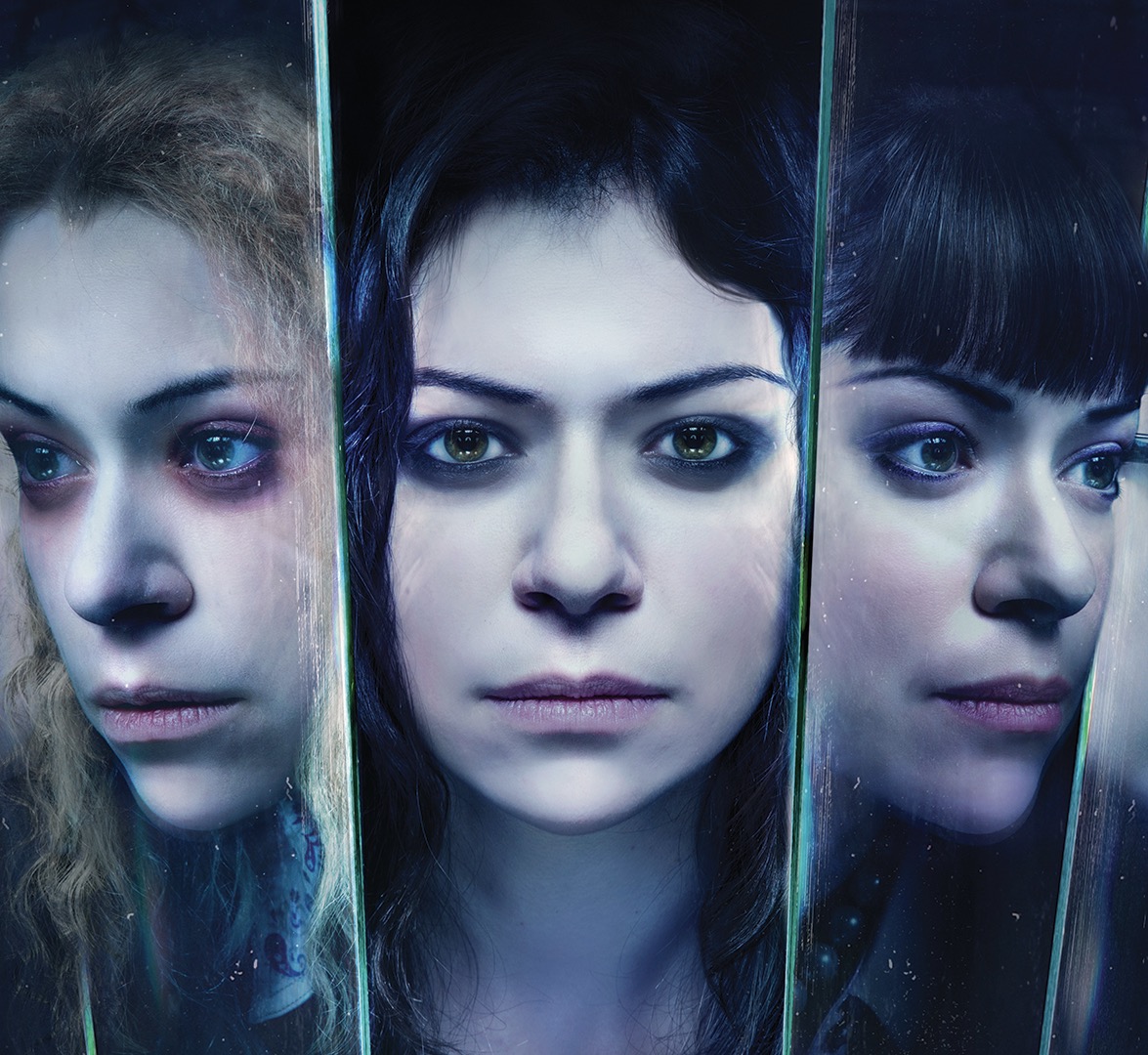
Sound: An Essay on 'O'
in Further Reading (Oxford UP, 2020)
People talk of printed literature as having a sound, but I confess I’m unsure what they mean. It’s pretty clear they’re not thinking of the sounds of silent reading: how pages rustle, pencils scratch, and books thud shut. Nor are they thinking, in most cases, of the sounds that people make when speaking literary texts out loud. These, they protest, are the sounds not of literature but of performance—not of words but of lungs and vocal cords. No, in truth, they have in mind something weirder: the sound that literature would make, might make, were it able to sound itself out. They are thinking, in other words, of a potential for sound that lies buried in the silent page.

Playing with TechnoDollies: The TV Actress and Other Technologies
in Orphan Black: Gender, Performance, Biopolitics (forthcoming, Intellect Books)
Orphan Black is a show about women and clones. It is also a show about acting and labor. These facts are connected, and in this essay I explore and explain a few of these connections. As you read, keep this endpoint in mind: the actor, the woman, the laborer and the clone are all alike. They are cyborgs.

Advertisements for Themselves: Poetry, Confession, and the Arts of Publicity
in American Literature in Transition, 1950-1960 (Cambridge UP, 2017)
Was the proverbial "man in the gray flannel suit" an assassin of poets or a poet manqué? This essay explores midcentury writers' denunciations of the ad-biz, while also arguing that midcentury poetry (especially confessional poetry) was essentially a mode of "public relations"—that new, pervasive sort of advertising that promoted not things, but people, ideas, and lifestyles. Taking themselves as their subject, poets chose personality as their medium—above or alongside language.

From the Podium to the Second Row: The Vanishing Feel of An Anne Sexton Reading
in This Business of Words (UP of Florida, 2016)
Excerpted on the Florida Bookshelf blog (read here)
This chapter comes in two parts. The first is a performance history of Anne Sexton's career on the poetry reading circuit—as well as a meditation on how to write the history of such an elusive performance mode. The second is an edited collection of what I call "reading poems"—poems fans wrote (then sent to Sexton) about the experience of seeing her read. What unites them is my search for a new way to study American poetry in the age of the reading.



